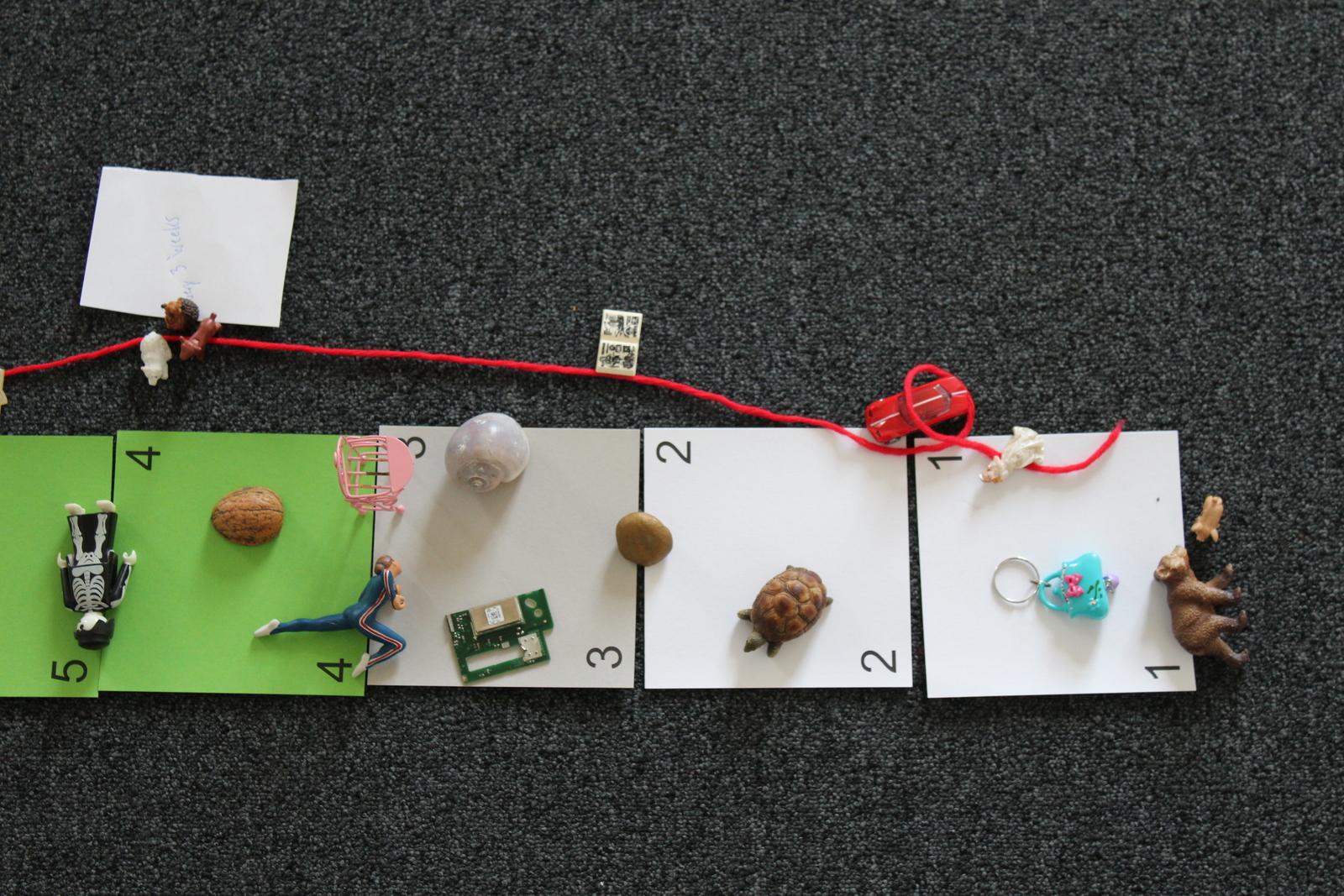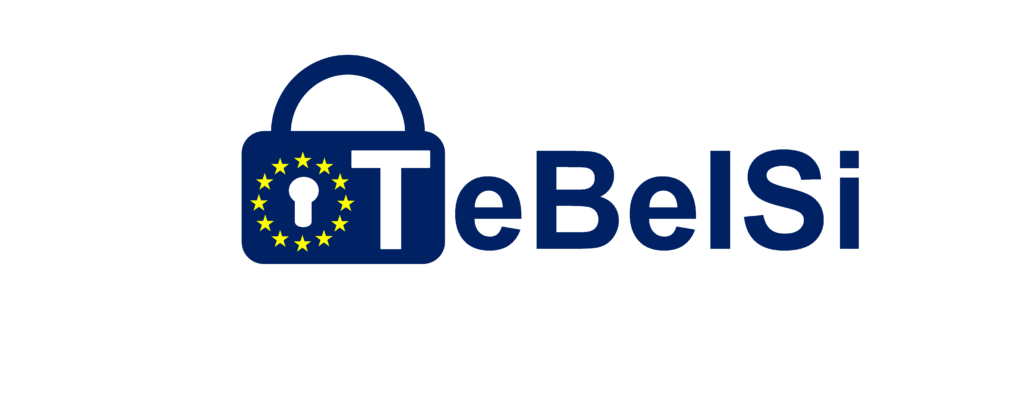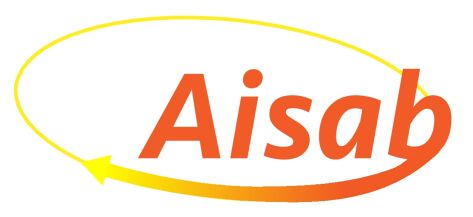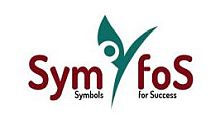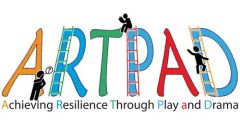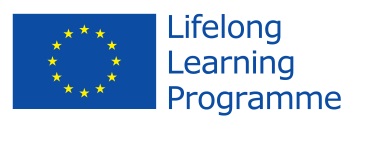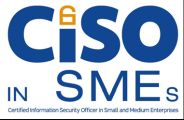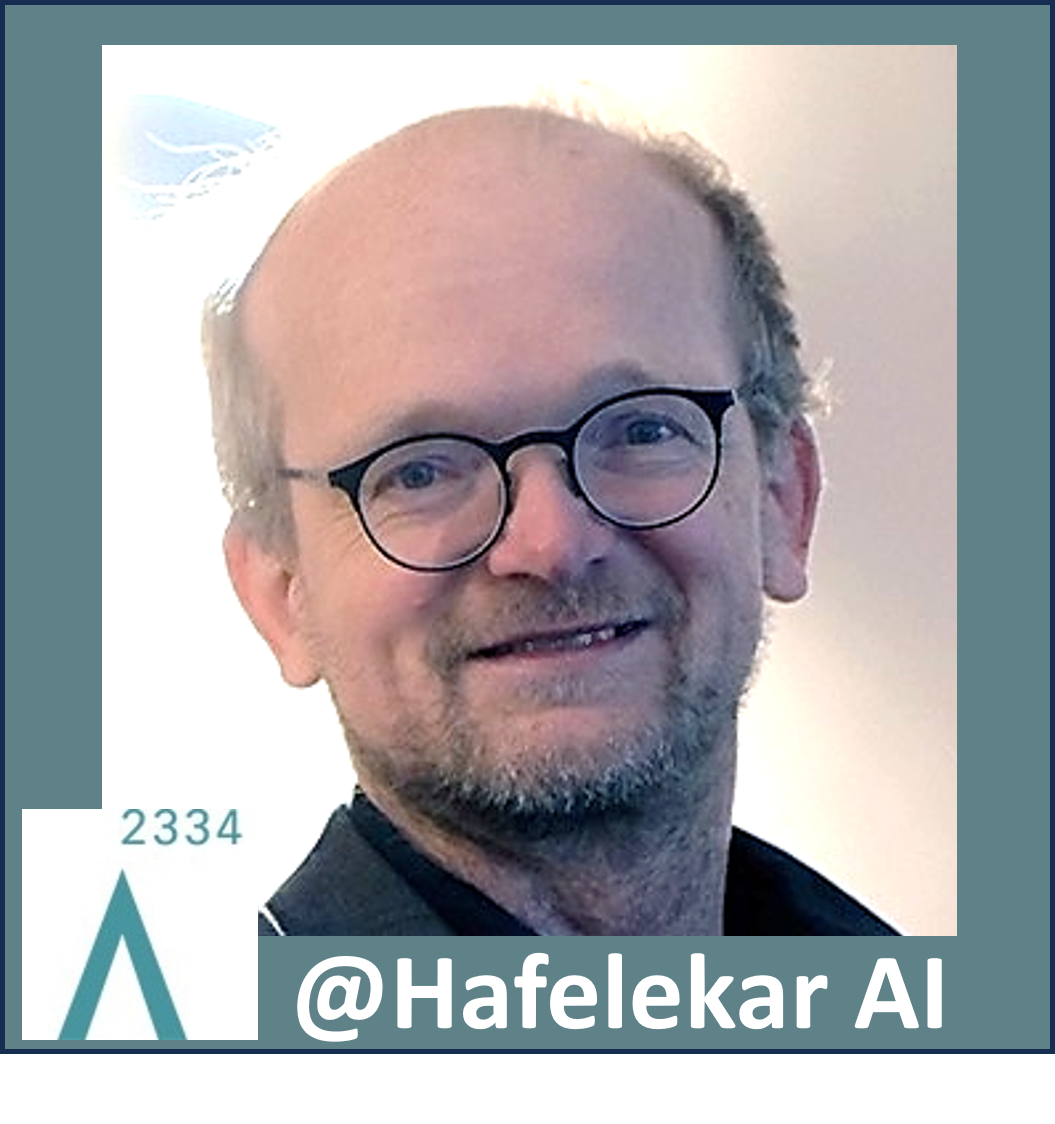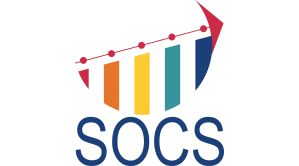
Introducing Strategic Organisation Counseling using Symbols for Visualization
SMEs (especially social enterprises), Start-Ups or young entrepreneurs are very often low budgeted and therefore do not have the financial means to develop and install tools and trainings to further develop their business and the competencies of their teams. It is usually impossible for them to hire an external counsellor to support them in their strategical plan.
Erasmus+ Programme has set the objective of fighting unemployment through training and education: “EU businesses need to become more competitive through talent and innovation”. The project SOCS promotes building up on this goal by improving the learning provision tailored to the specific needs of SMEs, Start-ups and entrepreneurs, short people who have HR and organizational development tasks.
“Overall, demand is growing for non-routine analytical skills and strategies involving creativity, problem-solving, communication, teamwork and entrepreneurship – all skills that help workers to maintain their employability and enterprises their resilience in the face of change.”
A Skilled Workforce for Strong, Sustainable and Balanced Growth”, A G20 Training Strategy, INTERNATIONAL LABOUR OFFICE, GENEVA, NOVEMBER 2010
By focusing on developing the strategic, leadership, teamwork and HR management competences of the SME owners, managers and their teams, SOCS project will help them build competitiveness, grow and increase employment.
The aim of the SOCS project is to improve entrepreneurial practice by improving the skills of the responsible staff, especially those in charge in small organizations by the approach of symbol work. The innovation lies in visualization as a very precious technique to create new responses instead of only dealing and being pushed by day to day business. Symbols help to express preconscious attitudes and mental barriers, even blind spots and get more clearness about future actions.
During the two years project period, partners aim to identify the areas of interventions most needed by the targets (organizational counsellors, consultants, business owners, entrepreneurs, especially young entrepreneurs, organizational and human resources managers and students, technicians for organizational development and HR decisions in organizations, start-up founders), by finding the existing tools most adequate for use, adapt them if needed or to develop new tools based on symbol work, especially for the online versions of the tools for free use.
Objectives
- To develop leadership and HR skills of participants
- To improve innovation management and innovation skills and adopting it as part of a day-to-day work to improve competitiveness
- To improve managerial practice dealing with change and challenges
- To develop self-assessment tools based on symbol work
- To provide to the learners the possibility to choose between solutions for f2f training or online tools
Project duration
November 2019 till October 2021
Web
Homepage: www.socs-project.eu
Projekt Partners
Asociación Caminos (Spain)
Hafelekar Unternehmensberatung (Austria)
BIMEC (Bulgaria)
CSI Center for Social Innovation (Cyprus)
Instituto Politecnico do Porto (Portugal)

This project has been funded with support from the European Commission. This communication reflects the views only of the author, and the Commission cannot be held responsible for any use which may be made of the information contained therein.

